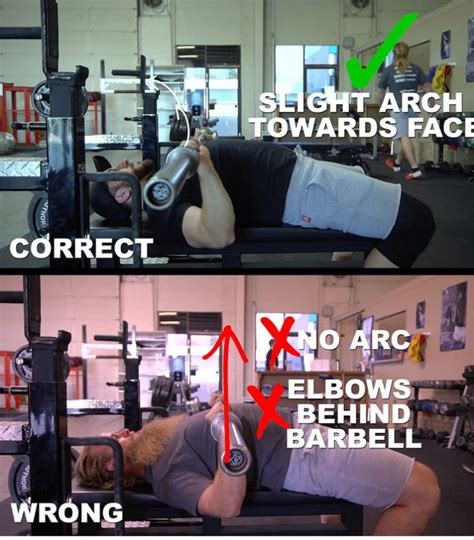What are the most effective strategies for men to overcome plateaus in their bench press strength without increasing training volume excessively?

For many men, the bench press is a cornerstone lift, a benchmark of upper body strength. However, the frustrating reality of a plateau—where progress grinds to a halt despite consistent effort—is all too common. The temptation to simply add more sets or more days often leads to overtraining or injury. The key to unlocking new bench press gains without an excessive increase in training volume lies in smarter, more targeted strategies.
Refine Your Technique and Form
Before adding more weight or reps, critically examine your bench press form. Small inefficiencies can sap significant power. Ensure you’re utilizing proper leg drive, retracting your scapulae for a stable base, maintaining a slight arch, and controlling the bar path. A slight arch helps create a shorter bar path and engages more musculature. Leg drive connects your lower body power to the lift, and keeping your shoulder blades pinched together protects your shoulders while providing a solid foundation to press from.

Strategic Programming and Periodization
Simply lifting heavy every session isn’t sustainable for long-term progress. Intelligent programming is crucial:
Implement Deloads Strategically
Regular deload weeks (reducing intensity and/or volume) allow your body to recover, adapt, and come back stronger. Don’t view them as a step backward; they’re essential for continued progress and preventing burnout.
Incorporate Wave Loading or RPE-based Training
Instead of linear progression, consider wave loading (e.g., 5 reps, 3 reps, 1 rep, then repeat at higher weights) or training based on Reps in Reserve (RIR) or Rate of Perceived Exertion (RPE). This allows you to fluctuate intensity, challenging your body in different rep ranges without always pushing to maximal failure, which can be overly fatiguing.

Targeted Accessory Work, Not Just More Volume
The goal isn’t to do more, but to do better. Select accessory exercises that directly address your weak points in the bench press:
Strengthen Supporting Muscles
- Triceps: Close-grip bench press, skullcrushers, triceps pushdowns. Strong triceps are crucial for the lockout.
- Shoulders: Overhead press, lateral raises. Healthy, strong shoulders provide stability and contribute to pressing power.
- Lats: Rows (barbell, dumbbell, cable). While primarily a pulling muscle, strong lats provide a stable “shelf” for the bench press and aid in bar control.
Utilize Bench Press Variations
These variations alter the movement pattern slightly to emphasize different aspects of the lift:
- Pause Bench Press: Holding the bar motionless on your chest for 1-3 seconds eliminates the stretch reflex, forcing you to generate power from a dead stop, improving bottom-end strength and control.
- Spoto Press: Similar to a pause bench, but the bar stops just short of the chest, maintaining tension throughout the lift.
- Close-Grip Bench Press: Shifts more emphasis to the triceps, addressing lockout weakness.
- Floor Press: Limits leg drive and forces you to stop at a certain depth, excellent for triceps and upper pressing strength.

Optimize Recovery and Nutrition
Strength gains don’t happen in the gym; they happen during recovery. Neglecting these aspects will inevitably lead to plateaus and frustration.
- Sleep: Aim for 7-9 hours of quality sleep per night. This is when muscle repair and hormone regulation are optimized.
- Nutrition: Ensure adequate protein intake (e.g., 1.6-2.2g per kg of body weight) to support muscle growth and repair. Maintain a slight caloric surplus if your goal is strength and muscle gain.
- Stress Management: Chronic stress elevates cortisol, which can hinder recovery and muscle growth.

Judicious Use of Advanced Techniques
While not for every session, occasionally incorporating advanced techniques can provide a novel stimulus:
- Accommodating Resistance (Chains/Bands): These tools make the lift harder at stronger points in the range of motion (typically the top), helping to improve lockout strength and accelerate through the entire movement. Use these sparingly and intelligently, not as a constant fixture.
- Isometric Holds: Holding the bar at your sticking point for a few seconds can build strength specifically in that range.
Breaking through a bench press plateau without increasing training volume excessively is about working smarter, not just harder. By meticulously refining your form, employing intelligent programming, selecting targeted accessory exercises, prioritizing recovery, and occasionally introducing advanced techniques, you can provide your body with the necessary stimuli to adapt and grow stronger. Patience, consistency, and a willingness to analyze and adjust your approach are your greatest assets in this journey.










